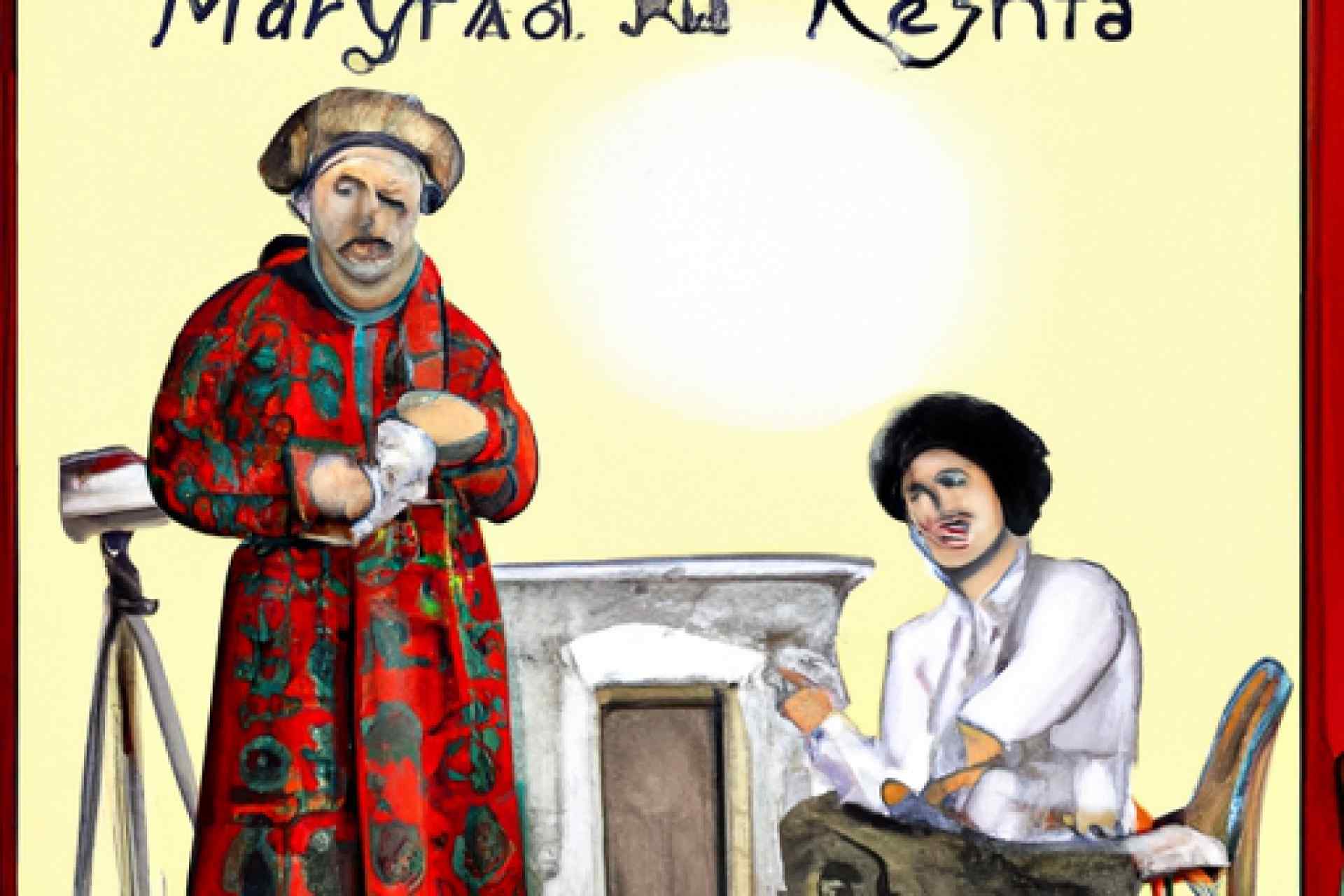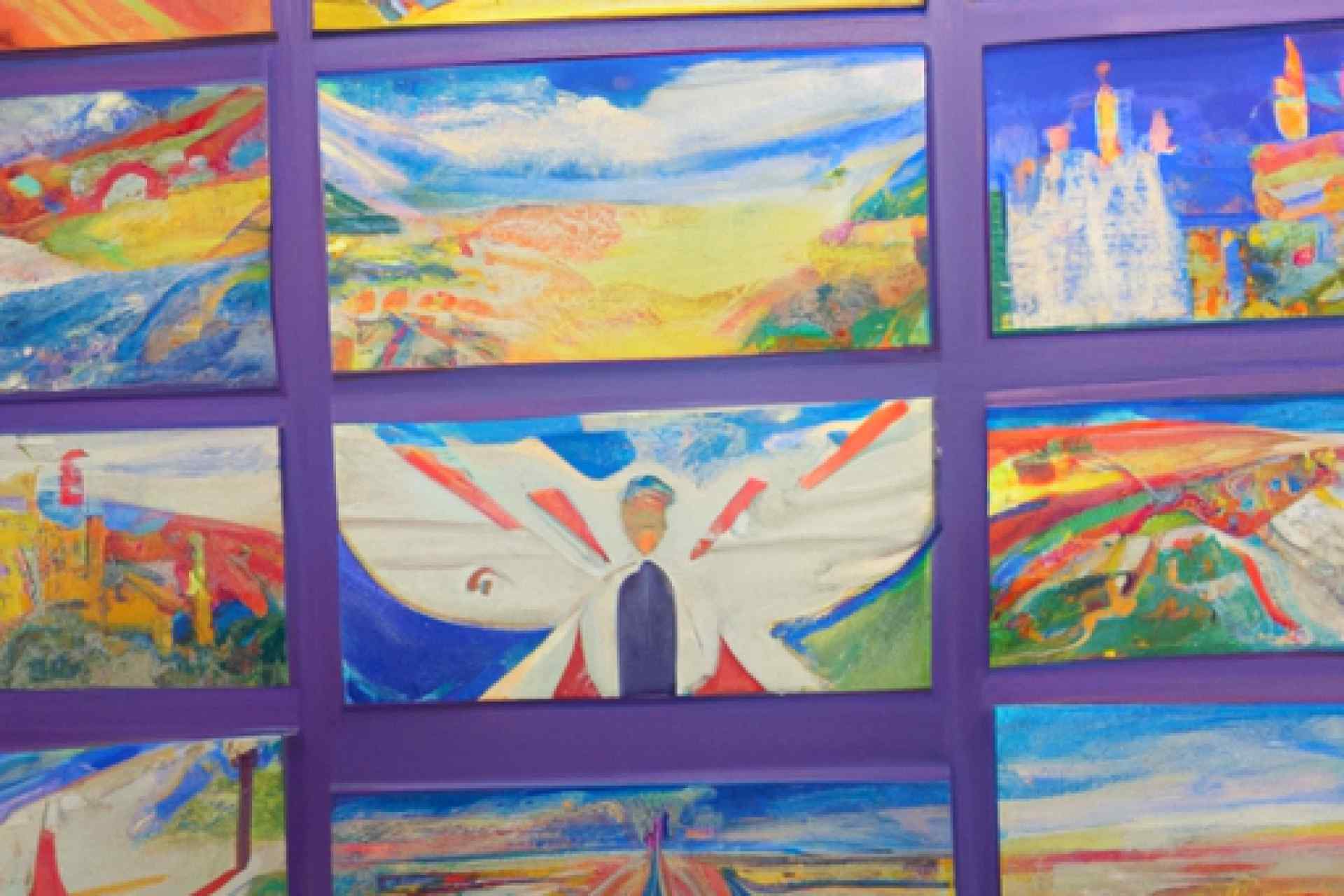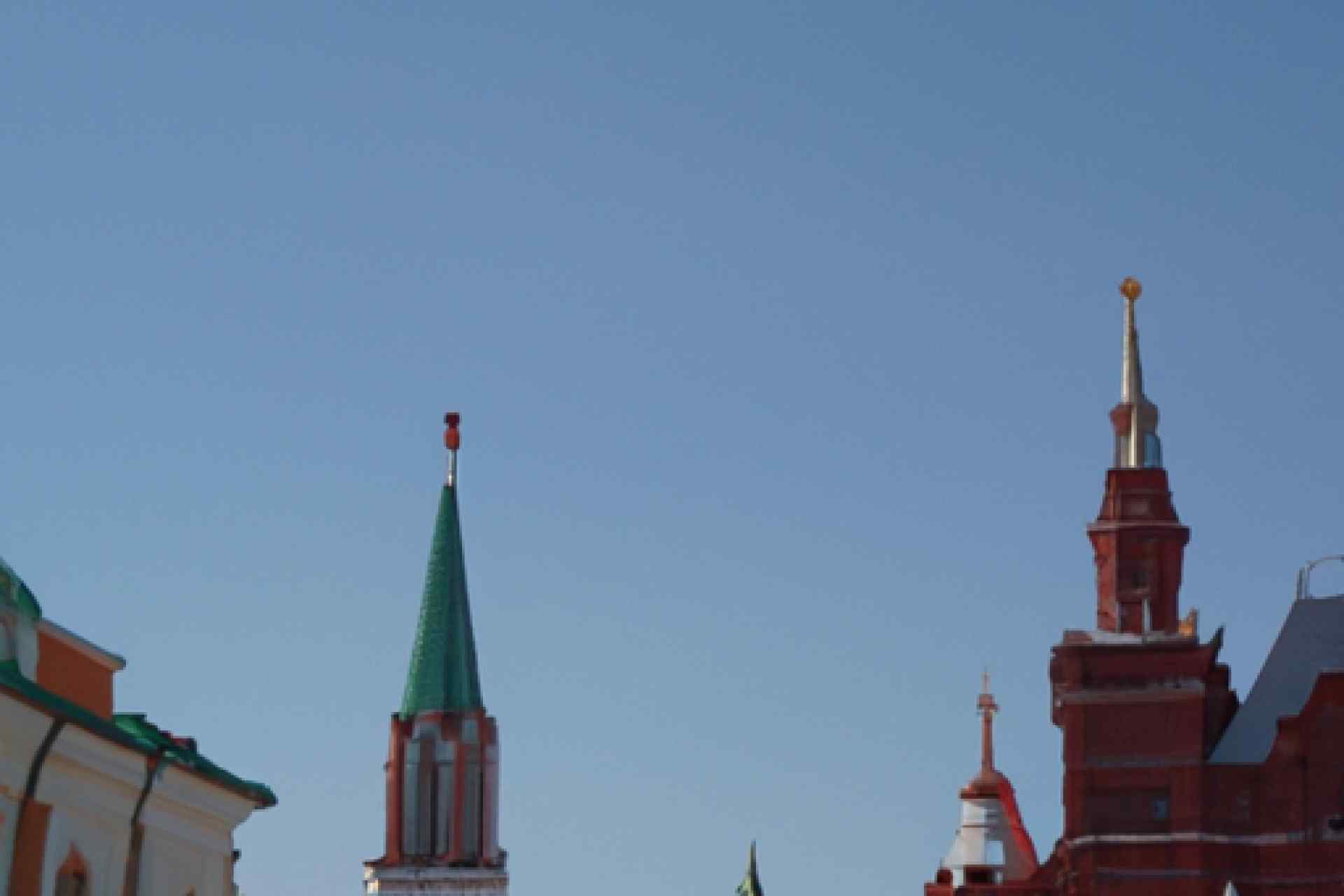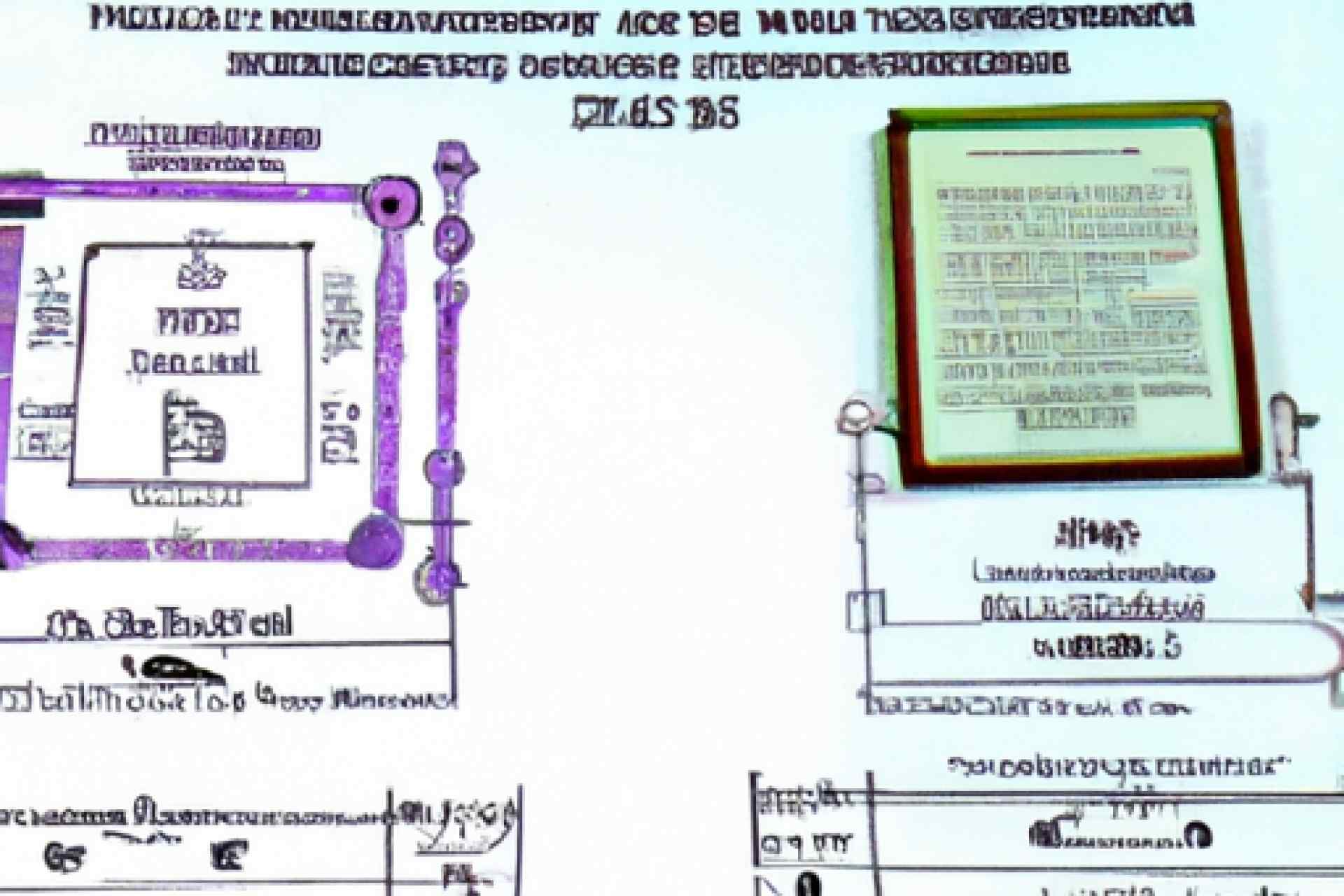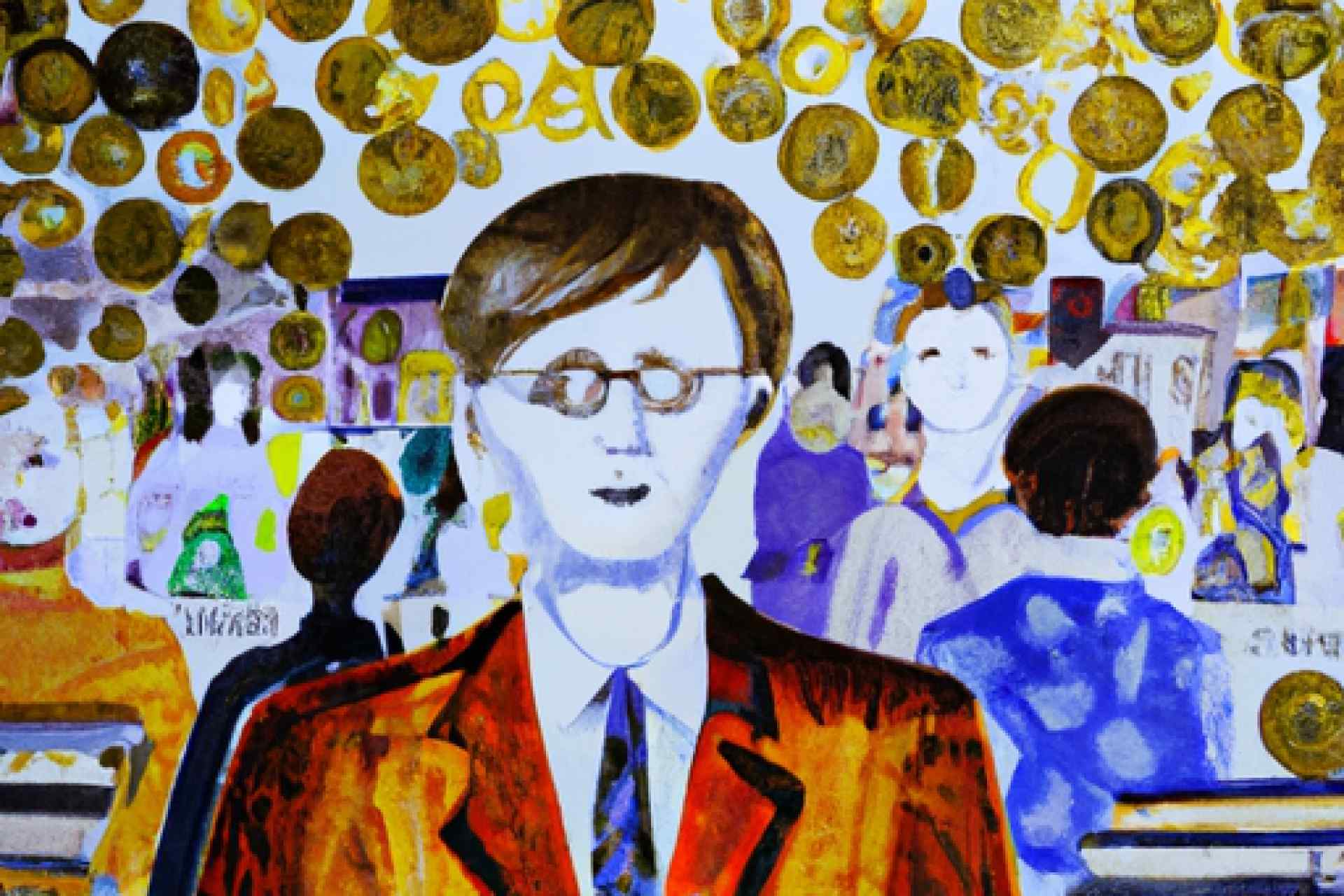如何用英语介绍俄罗斯文化
发布:2023-04-11 18:30:20 分类:留学知识 点击:1000 作者:管理员
Introduction
Russia is a vast country with a rich cultural heritage. Its art, literature, music, architecture, and traditions are a reflection of its historical roots and multicultural diversity. To truly understand and appreciate Russian culture, one must explore its various aspects in detail. In this article, we will discuss how to introduce Russian culture using English as the medium of communication.
Historical Background
To understand Russian culture, one must have an understanding of Russia's historical background. The long and turbulent history of Russia spans over a thousand years, from the ancient Kievan Rus to the powerful Soviet Union of the 20th century. Russia has been influenced by many cultures over the centuries, including Mongolian, Tatar, and European cultures.
Russian Art
Russian art is an integral part of the country's cultural heritage, and it is characterized by its unique style and form. The art of Russia spans several periods, from the ancient icons of the 11th century to the avant-garde movements of the 20th century. Russian art is renowned for its colorful and intricate paintings, sculptures, and architecture that reflect the country's history and traditions.
Literature
Russian literature is renowned for its rich and complex nature. From Tolstoy's "War and Peace" to Dostoevsky's "Crime and Punishment," Russian literature has produced some of the most influential and enduring works of literature in the world. The works of Russian authors often reflect the country's turbulent history, social and political upheavals, and traditional values.
Music
Music is an essential part of Russian culture, and the country has produced some of the most talented and influential composers in history. From Tchaikovsky's soaring symphonies to Rachmaninoff's poetic piano works, Russian music is known for its emotional depth and powerful melodies. The traditional folk music of Russia also plays an important role in the country's cultural heritage.
Architecture
Russian architecture is characterized by its grandeur, elaborate decorations, and unique designs. The country's many churches, cathedrals, and palaces reflect different periods and styles, from the ancient onion-domed churches of the Kievan Rus to the grandeur of St. Petersburg's palaces, built during the reign of Peter the Great.
Traditions
Russian traditions reflect the country's religious, social, and historical heritage. From the vibrant celebrations of Christmas, Easter, and other religious holidays to the colorful folk traditions of Maslenitsa and Kupala Night, Russian culture is steeped in tradition and folklore. Russian cuisine is also an important aspect of the country's traditions, with dishes such as borsch, pelmeni, and blini being popular favorites.
Conclusion
In conclusion, introducing Russian culture to an English-speaking audience requires a thorough understanding of the country's historical background, artistic achievements, music, architecture, and traditions. Russian culture is a reflection of the country's multicultural heritage, and it is characterized by its unique style, complexity, and emotional depth. Through art, literature, music, and traditions, Russian culture has influenced and inspired people around the world.









